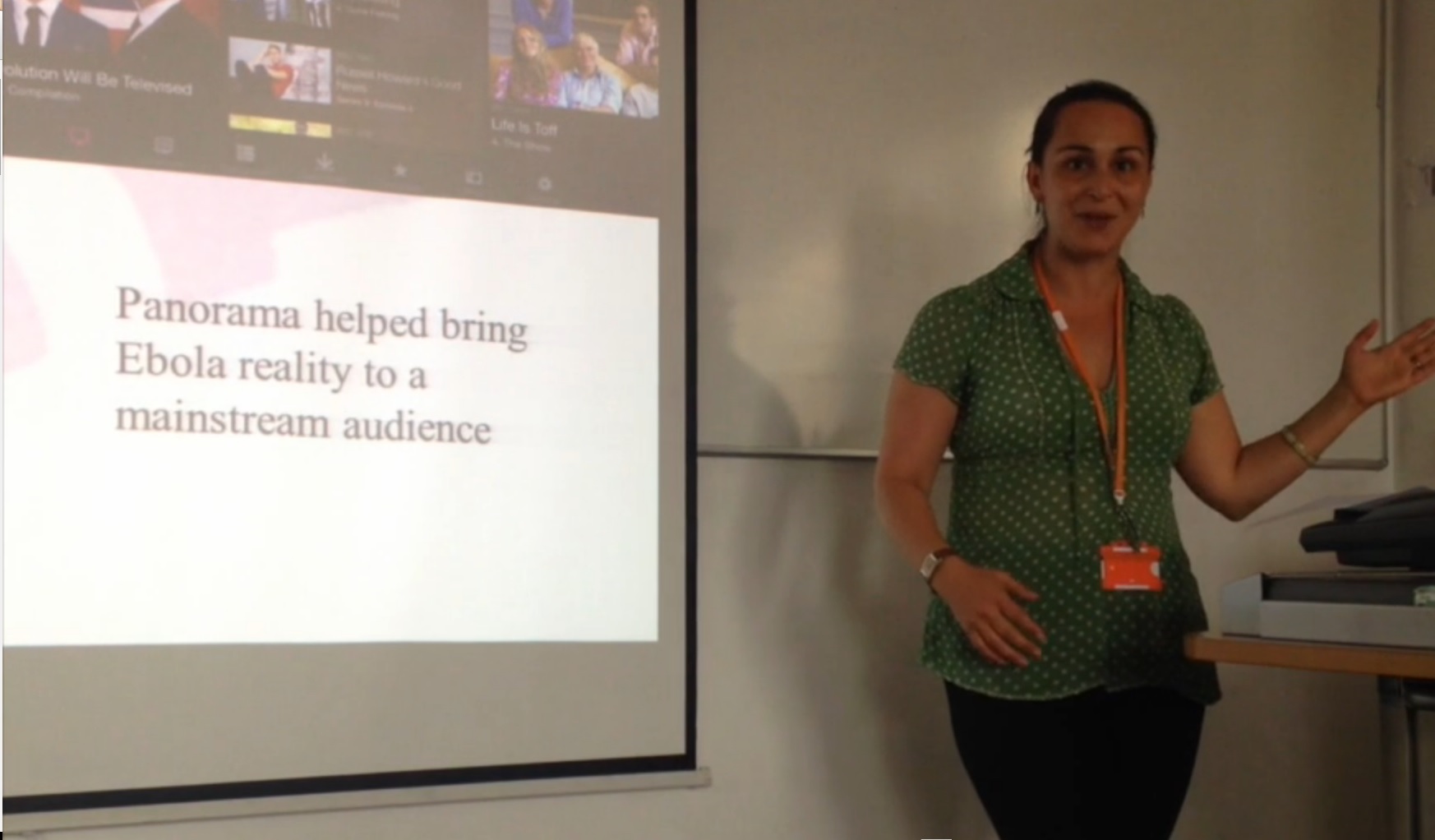Could ‘artificial intelligence’ be used to help people suffering from eating disorders? Polis/LSE Summer School student, Camilla Mondini is developing a new platform in Italy that will seek to help match therapists with people struggling with this problem. Here’s her pitch.
If four years ago, in the middle of my disease, somebody told me that my greatest weakness would have turned out to be my strength I would not have believed it. Yet, here I am: founder of a media company and AI-based platform to treat Eating Disorders.
I suffered from anorexia and bulimia for four years. It all started with a diet and ended up with me cutting my hair on the scales to weigh less. I had two people in my head: the voice that screamed I had to run, burn calories and hated what she saw in the mirror. Then there was me, small and flattened by this monster.
I came to understand that I had to fight against something that, even though it was in my head, wasn’t me. So I gave her a name: Alice. I wrote long letters to Alice. Sometimes we fought and at other times we found common ground. Did she ever disappear? Not really, sometimes she shouts and wants to come out again. One thing, however, I have learned: to take Alice by the hand and understand that together we can do great things. This is the story of how “dici.alice” was born (Italian for ‘talk to Alice’).
What difference can we make on social media? Dicialice was born as a media company. My goal is to raise awareness with respect to eating disorders. In Italy more than 3 million people suffer from these and the stereotypes are still commonplace. In a society in which social media often represents the triggering factor to the onset of Eating Disorders (EDs) I want to make a difference by proposing a different type of communication.
Dicialice represents a virtual safe space in which people can expose themselves without being judged. Bad treatment can be worse than no treatment. Suffering from an eating disorder also means being ashamed of one’s self. It is extremely difficult to find a therapist who puts you at ease and decides the best treatment for you. Mental illnesses are so personal that it is not easy to standardise treatments.
I thought a lot about the best way to make the healing path personalised, effective and immediate: Artificial Intelligence. The use of advanced technologies such as AI enables the platform to match with high precision patients and doctors in order to maximise the healing process of each patient. Furthermore it avoids the risk for patients of not feeling comfortable with their therapists . On the platform each patient has to fill out a questionnaire with 100 questions that will allow the platform to profile each user and suggest a matching doctor.
Therapy results will be traced by approval ratings that will be used as a proxy to evaluate the algorithm’s cost function. The neural net (AI), with a model of Reinforcement Learning (Deep Q learning) will allow the improvement of the association system between patients and therapists with the aid of the feedback provided by each user.
The platform is still in development but we hope to go live within months.
I believe technology, together with information, can have a significant social impact. Dear Alice, you took many years of life away from me but I hope that we can help the people who are still fighting.
This article by Polis LSE Summer School student, Camilla Mondini






